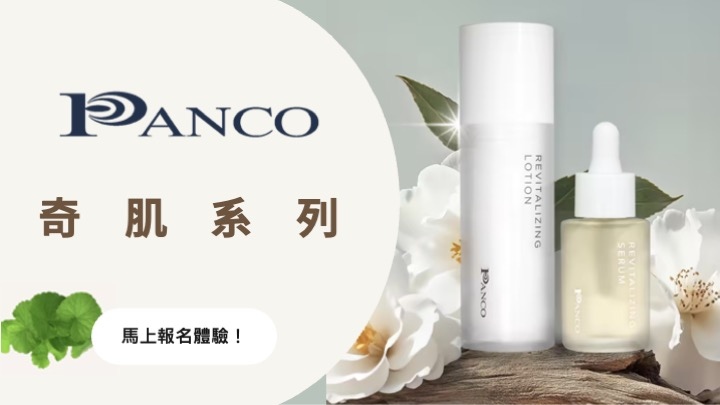Zinc is a mineral found in almost every cell and is an essential nutrient for the body. Zinc is available in various food sources and is also made available as supplements (as single-ingredient or multi-vitamins).
1. Benefits of zinc
Zinc promotes biochemical reactions in the body by stimulating activity in about 100 enzymes. Zinc is essential for a healthy immune system, aids in wound healing, helps maintain the sense of smell and taste, supports normal growth and development, and is essential for DNA synthesis. In the form of zinc salts, it helps fight against pathogens when directly applied.
The ingestion of zinc salts also help in gastrointestinal infections, providing antimicrobial action in the GI tract. Zinc salts are also used as lozenges, to help kill bacteria and viruses. It should be noted however, that the administration of zinc to fight against pathogens without damaging tissues, is still being studied.
2. Food sources of zinc
Oysters are found to be rich in zinc. Other food sources that contain zinc, albeit a lesser degree, include sunflower seeds, pumpkin seeds, nuts, whole grains, beans, and most animal proteins. Phytates, a compound found in legumes, cereals, and grain breads, may decrease the absorption of zinc.
3. Recommended dosage
According to the Recommended Dietary Allowance (RDA), the recommended dosage of zinc for healthy individuals varies across age groups. For infants from 0 through 6 months, 2.0 mg of zinc per day is recommended. The recommended dosage for zinc is 3 mg per day for those 7 months to 3 years, 5mg for those 4 to 8 years, and 8 mg for those 9 to 13 years.
Those 14 and above are advised to take 11 mg of zinc for males, and 9 mg for females. Higher dosages may be needed for pregnant and lactating women. The RDA suggests 13 mg of zinc for women who are pregnant at age 14 to 18 years, and 11 mg for those pregnant at age 19 years and up. About 14 mg is the dosage recommended for lactating women at age 14 to 18, and 12 mg for lactating women at age 19 and up.
3. Zinc deficiency
Zinc deficiency may result to skin lesions, hair loss, diarrhea, poor taste, smell, and eyesight, malfunction of said organs, wasting of body tissues, and, even death. Congenital abnormalities may also lead to Acrodermatitis enteropathica.
TIP: Zinc and other nutritional supplements are unregulated by the Food and Drug Administration Board. It is best to choose a manufacturer that rigorously complies with GMP standards to avoid product contamination and misrepresentation of dosage and contents.


 留言列表
留言列表


